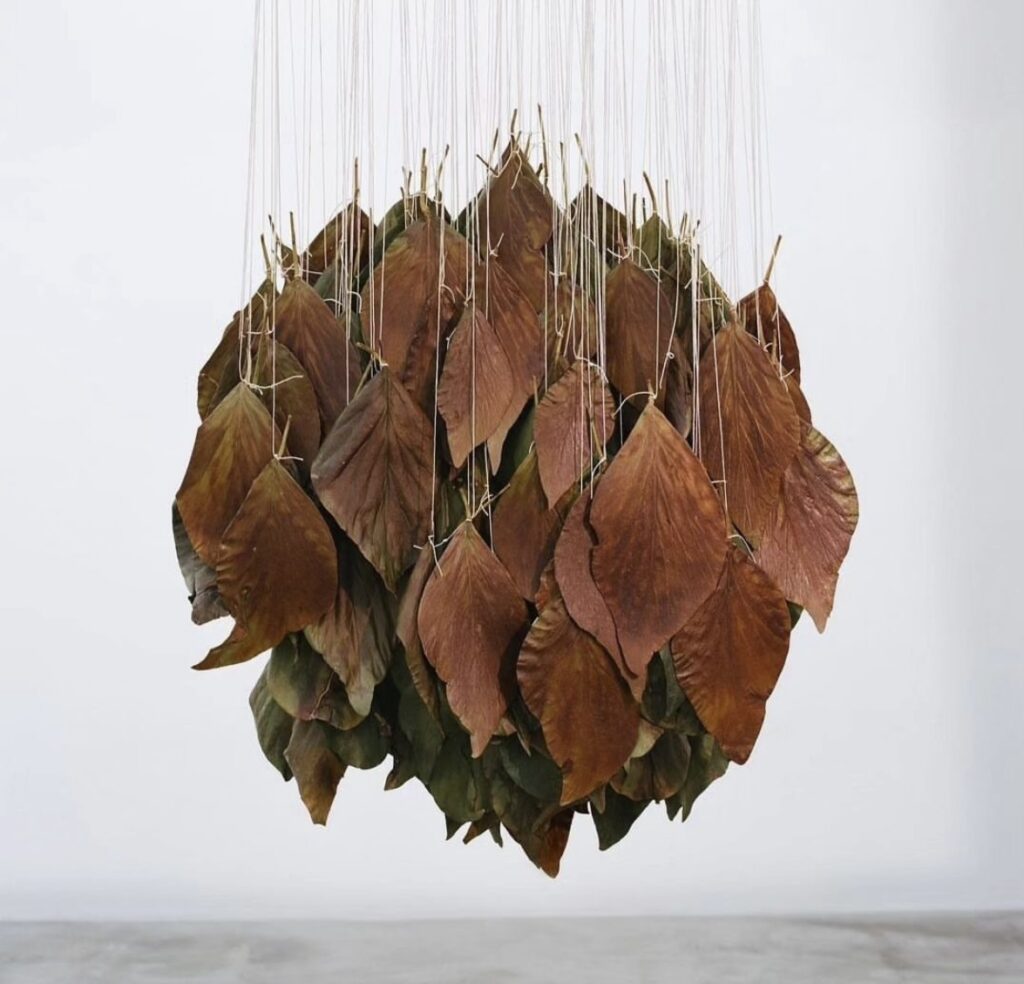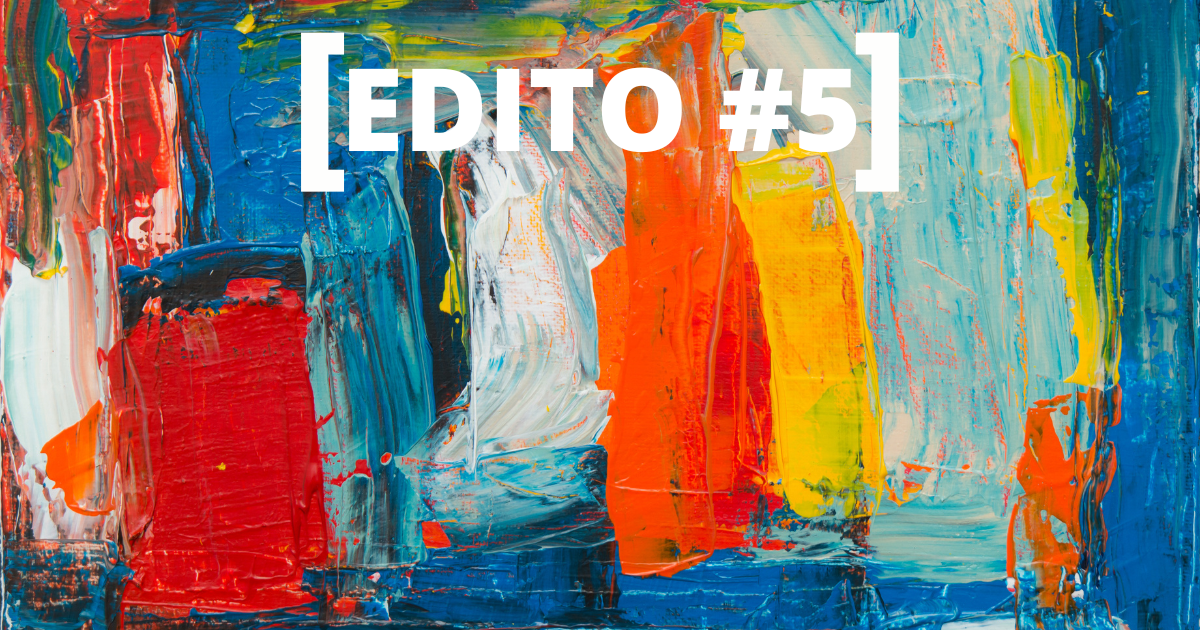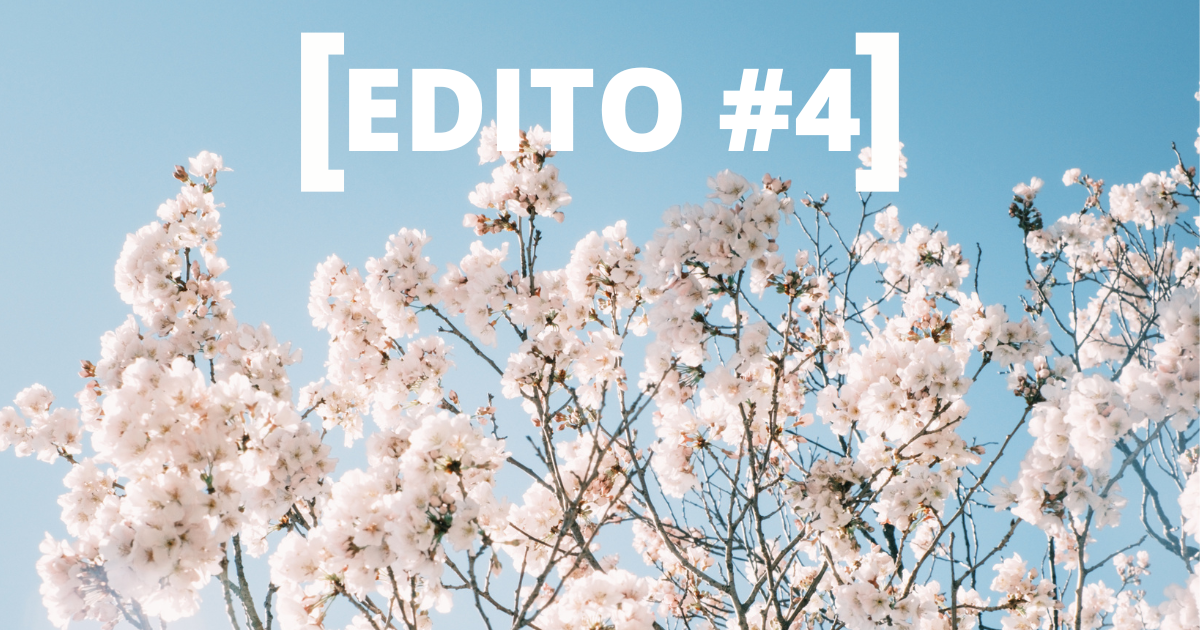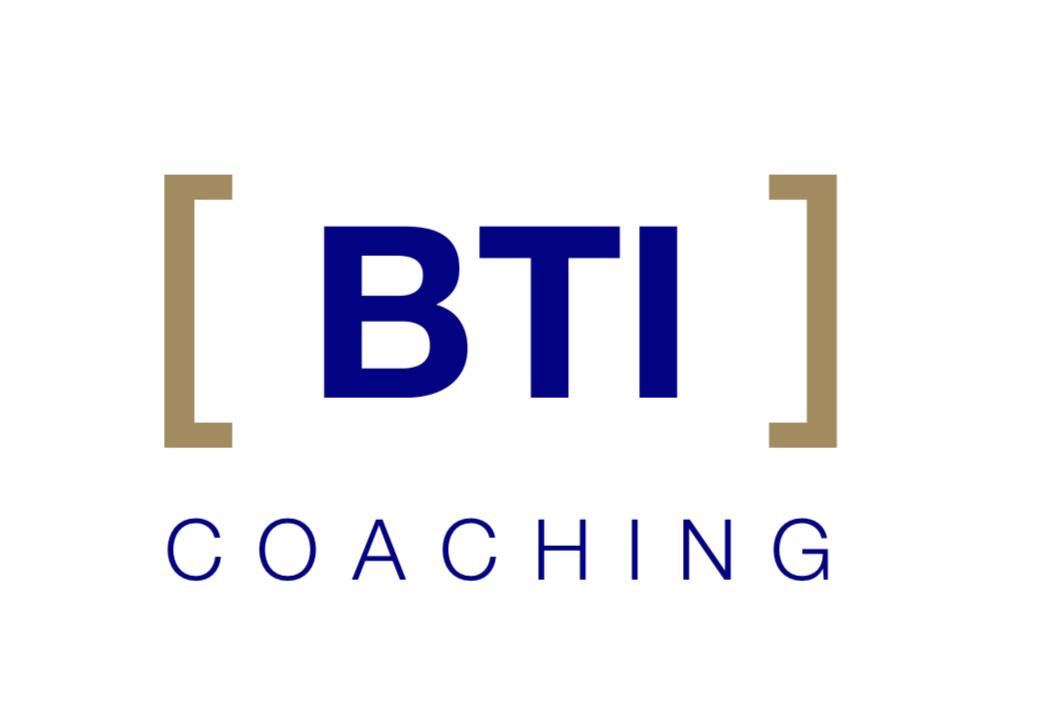Thinking in an Uncertain World: Toward a Human Leadership
Crisis is not a dead end but a space to inhabit. Rather than fleeing uncertainty, we must engage with it, seeing it as a source of renewal rather than paralysis. Thought must embrace the fluidity of reality, resisting the urge for fixed solutions.
True leadership in uncertain times is not about control but about guiding with humility and empathy. By fostering spaces for dialogue and innovation, we transform instability into an opportunity for reinvention. The future is not predetermined—it is shaped by our willingness to think, act, and lead differently.
Redefining Desire: Embracing Fulfillment Through Acceptance and Purpose
Desire isn’t the enemy, but neither is it something to chase endlessly. Faut pas chercher invites us to stop seeking fulfillment through constant acquisition and instead accept desire without obsession.
By observing rather than suppressing it, we can channel our energy toward what truly nourishes us—creativity, purpose, and presence. Shifting from having to being frees us from insatiable wanting and brings fulfillment in what already is.
Cultivating Surrender and a “not seeking approach”
Wisdom is not always found in control or understanding but in surrender—trusting life’s natural flow. Overanalyzing can exhaust us, while embracing uncertainty brings peace.
Letting go means releasing the need to explain everything, control every outcome, or chase perfection. It allows meaning to emerge naturally, free from pressure. In this openness, we find true freedom—not in seeking, but in welcoming life as it is.
Need for doubting
Explore the transformative power of doubt in fostering self-awareness and balance. By questioning assumptions, we open ourselves to growth, empathy, and resilience. This article delves into how critical thinking, emotional balance, and true kindness can guide us in breaking free from the pressures of productivity and self-improvement, helping leaders and individuals alike embrace rest, reflection, and genuine freedom.
Space of openess
Explore the concept of Sunyata, or ‘emptiness,’ as a space of openness and boundless potential. This Buddhist perspective on emptiness invites us to embrace moments of mental spaciousness, shedding attachments to constant thought and content. This exploration reveals how connecting with this ‘between’ space can foster equanimity, insight, and compassion, creating a foundation for deeper self-awareness and growth in meditation and everyday life.
Suspending judgement
In leadership, this ability to slow down thought, suspend judgment, and use language that encourages personal insight is crucial.
Suspending judgment allows leaders to create a space where individuals feel safe to explore their own ideas without fear of criticism. This openness helps teams move beyond directive communication, discovering their own solutions and fostering creativity.
By creating a reflective environment through metaphor and open-ended dialogue, leaders promote deeper understanding, adaptability, and genuine transformation.
This approach shifts leadership from control to empowerment, facilitating lasting change.
Source picture: Rein Kooyman (Dutch)


Conditionned Co-Production In Coaching
Transdisciplinary research is useful for giving meaning to our action and reconciling knowledge. Conditional co-production is a hallmark of Buddhist philosophy and an inexhaustible source of inspiration for today’s leaders. This area of reflection was decisive in the work of “philosophers of the mind” such as Francisco Varela and Maturana who underline the self-organization capacities of the living with the concept of autopoiesis. Edgar Morin will in turn consider the recursive principle as being one of the three useful means of managing complexity.

“The coach is not someone who contemplates, and it’s not even someone who thinks. A coach is someone who creates”.
“The coach is not someone who contemplates, and it’s not even someone who thinks. A coach is someone who creates”. Paraphrasing Deleuze allows us to highlight the importance of acting and creating. These are the common traits of the coach and the philosopher.
When we have a subject to deal with, we construct a concept which is similar to an amalgam of ideas and stacked aggregates, whose composition is completely original and in a certain way arbitrary. We give ourselves the means to explore a specific need in a contextualized framework. It is the encounter with the other in a space-time that triggers the whole process. The body unites with the heart and the spirit. The accompaniment is physical and the exercise is felt in our whole body. It’s not just mental.
There is no great or bad work. There is an intention which expresses itself, which also evolves over time and an idea whose plastic moves like an amoeba which deforms by emitting its protrusions.
Like an abstract painting integrating several necessary layers of paint, their superposition and their entanglements will reveal emergences that will give meaning to those who engage. We tend towards the beautiful, the sublime. Gestures can be incongruous, daring, they are never hesitant. Each gesture has its raison d’être. We are moving forward, but we are also going backwards. Creation allows mistakes and missteps. Our hypotheses make it possible to relaunch the action and will facilitate a change of perspective.
In the pursuit of the creative act, one follows one’s intuition so that the composition reflects the essence of the subject. The synthesis will redefine the contours of the concept by describing its characteristics. We must dive into the depths of the other to bring out hidden treasures, but these discoveries will be fully returned to him.
The creative power compels us to a result. It is the vital energy and our desire for performance that will accompany us on this journey.

The Coach Is Someone Who Creates
Artistic creation has a power of revelation just like Coaching. It allows us to access certain truths and catalyze certain ideas. The artist and the coach having another look on the world, a disinterested approach mixed with doubt and perplexity, not guided by the concern to know, are able to see truly (with their body and their eyes) what is offered.
And yes it is a good idea to distance yourself so as not to stray from reality! Accept that only a dispassionate approach will contribute to renewing our vital momentum. The creative posture integrates and weaves the links. It connects and brings people together. We teach the Coach to listen and ask the right questions. What about his creative posture? Understanding it, practicing it will allow us to become a “fertile soil” and to enrich what emerges here and there.

“Praotes” And Softness
For the ancient Greeks, gentleness was the opposite of “hubris”, the excessiveness of one who is prey to his impulses. The term “praotes” also means both gentleness and friendliness, it points to the question of “being together”, the first circle of ethics and politics.
Sweetness is expressed through our senses. These are simple and slow gestures. We can take the example of the tender gesture of a mother towards her child but also choose the tranquility of a summer landscape where the coolness of the night appears surreptitiously. Reflections borrowed from lightness. Slow movements.
Gentleness towards oneself reflects self-esteem. It is the demonstration of a assuaged vulnerability. This way of being present to oneself, to what is happening within oneself, around oneself, moment after moment. This way of being in the moment without real expectation and without haste.
It is the artists who express it best.
“There are very beautiful purples and blues in the clouds tonight, a blue above all more floral than airy, a blue of cineraria, which surprises in the sky. And doesn’t this little pink cloud also have the complexion of a flower, a carnation or a hydrangea?” – Swann 130/207, Marcel Proust
With Virginie Dor, we will reflect this week on this dimension so little explored and yet so determining that is the expression of gentleness and its importance in the relationship with oneself and others. Observing the creative genius of Sandro Botticelli or allowing oneself to be seduced by a watercolor by Marie Laurencin, we say to ourselves that the softness is in the choice of light and in the expression of the gesture.
The act of coaching is also elegant and delicate. Respect for others requires a certain gentleness so as not to rush straight away and heckle the system too quickly. In coaching, we work on low heat.

